In this special series focused on legal case management software, host Dan Lear explores various case management companies to help firms make informed decisions. In this episode, we dive into the world of legal case management software with Clever Case, a tool designed by attorneys for attorneys. Host Dan Lear speaks with Brett Spooner, the CEO and founder of Gravis Law and the founder of Clever Case, to explore the features, target audience, and philosophy behind this innovative case management solution.
Financially Legal is a podcast for law firm CFOs dealing with financial aspects of the business of law. Host, Emery Wager, talks with law firm leaders, academics, business professionals and thought leaders to provide compelling and provocative insights at the intersection of finance, economics, and law.
Episode 50: Legal Case Management Series - An Interview with Brett Spooner of Clever Case
KYC, Anti-Money Laundering and Underwriting, or Why I Have to Submit So Much Info to Open a Payment Processing Account
Introduction
Why do you have to submit so much information when applying for a payment processing account? There are two reasons:
- The government enlists payment processors to help combat financial crimes. As a result, processors are required to take certain steps to verify the legitimacy of a firm.
- When a firm accepts online payments, financial risk is created for both the firm and the payment processor. Processors ask for documentation on the firm to help prevent these losses.
Topics: Business of Law
Episode 49: Legal Case Management Series - An Interview with Harsimran Singh of Lawcus
In this special series focused on legal case management software, host Dan Lear explores various case management companies to help firms make informed decisions. In this episode, Dan speaks with Harsimran Singh, Founder and CEO of Lawcus. Lawcus offers a comprehensive solution, combining legal practice management, client relationship management (CRM), client intake, and no-code automation, all unified in a single platform.
Episode 48: Legal Case Management Series - An Interview with Dov Slansky of Litify
In this special series focused on legal case management software, host Dan Lear explores various case management companies to help firms make informed decisions. In this episode, Dan speaks with Dov Slansky, Vice President of Strategy and Innovation at Litify, a legal operating solution that helps law firms, in-house legal departments, and government agencies run smarter.
Episode 47: Legal Case Management Series - An Interview with Dragana Milovanovic of Matter365
In this special series focused on legal case management software, host Dan Lear explores various case management companies to help firms make informed decisions. In this episode, Dan speaks with Dragana Milovanovic from Matter365, a user friendly cloud solution that fully integrates all data from Microsoft Office 365 applications into a matter-centric environment. With powerful add on features and Microsoft 365 applications, Matter365 is one of the most comprehensive solutions on the market today.
Episode 46: Legal Case Management Series - An Interview with Jonathon Fishman, CEO of LeanLaw
In this special series focused on legal case management software, host Dan Lear explores various case management companies to help firms make informed decisions. In this episode, Jonathon Fishman, CEO of LeanLaw, shares insights about their financial operating system designed for small to medium-sized law firms.
Confido Legal Talks Accounts Receivable for Law Firms on CPA Academy
Recently, Confido Legal teamed up with CPA Academy to host an informative webinar on optimizing accounts receivable and collections processes for law firms. This session provided practical strategies and tools to improve collection rates and streamline cash flow. With a focus on the Collections Optimizer, participants explored various billing models and table stakes items that contribute to enhanced collection rates. In this blog post, we'll delve into the highlights from the webinar and uncover the valuable insights shared.
Topics: Business of Law, Confido Legal News
Confido Legal and QuickBooks Team Up to Streamline Payment Processing for Law Firms
We are excited to announce that Confido Legal has teamed up with QuickBooks, the leading small business accounting platform, by formally joining the QuickBooks Solution Provider Program. In combination with Confido Legal’s QuickBooks integration - the only legal-specific payments integration in the QuickBooks store - Confido Legal and QuickBooks are truly better together.
Topics: QuickBooks Integration, Business of Law, Integrations, Confido Legal News
Testing Out Confido Legal and ChatGPT
Today we spent some time testing the new plugins feature for ChatGPT. Specifically, we took a look at the Zapier plugin, which allows you to connect thousands of apps and their Zapier Actions to ChatGPT. Of course, we used the Confido Legal Zapier Actions as our test case.
Topics: Business of Law, Confido Legal News
ABA Techshow 2023 Highlights
The 2023 American Bar Association TechShow in Chicago was an exciting event for the Confido Legal team. We were thrilled to attend in person to announce our integration with Fidu Legal, during the event. This powerful integration allows law firms to, among other things, embed subscription payment forms directly into their client intake process, providing a seamless payment experience for their clients.
Topics: Subscriptions, Integrations, Fidu
Embedded Subscription Payments Live in Fidu
As we continuously expand the value and power of Fidu, we are thrilled to announce a strategic partnership with Confido Legal, an innovative payment processing and money management solution for law firms. This partnership was unveiled at the American Bar Association Technology Show held in Chicago.
Topics: Business of Law, Integrations
Announcing the Confido Legal Litify Integration
For law firms looking to automate firm-specific processes, customize workflows and provide a highly tailored client experience, Litify is the platform. Built on Salesforce, Litify combines the flexibility of the cloud’s most powerful CRM with a dynamic, legal-specific toolbox to transform your firm into an efficient, collaborative growth machine.
Topics: Confido Legal News
The Power of Measuring Your Law Firm’s Return on Investment (ROI)
If you invest a dollar into your law firm, what do you expect to get back?
Why is the answer to this question so important? It helps you decide what initiatives to pursue and what initiatives to cut. It also tells you whether you are building the right financial opportunity for yourself and your partners. If you are only getting a dollar out for every dollar you put in, you’d be better off keeping that dollar. If this is the case, it’s time to rethink the firm’s strategy and take a closer look at the financial “leaks” in the business.
Topics: Business of Law
The Dangers of Accepting Wire Transfers at Your Law Firm
Wire transfers are a common method of accepting payments for law firms, but they can be risky for both your firm and your clients. This article outlines the dangers and downsides associated with accepting wire transfers and best practices for avoiding these traps.
Topics: Business of Law
Should a Law Firm Hire a Collections Agency?
The two most controversial topics for law firms related to client payments and collections are:
- Should law firms charge credit card fees to clients?
- Should law firms hire a collections agency to recoup long outstanding accounts receivable?
We have published substantial information to help you make a decision on on whether to charge card fees to clients but very little on navigating the collections agency conundrum.
Topics: Business of Law
The Law Firm Third-Party Client Finance Decoder
We at Confido Legal strongly believe that firms and clients benefit most when firms offer clients a variety of options to pay. Firms invest significant dollars to get clients in the door. It’s a waste of those resources to have a would-be paying client walk out the door simply because the firm doesn’t offer payment plans (i.e. doesn’t want to be the client’s bank), the client doesn’t have a credit card, or because the firm won’t offer third-party funding.
Topics: Business of Law
Buy Now, Pay Later for Legal: What, Why, and How
Over the last few years there’s been an explosion of third-party commercial financing options. Familiarly known as “Buy Now, Pay Later” and offered by companies like Klarna, Affirm, and Sunbit, these services provide short-term loans to consumers to purchase everything from furniture to event tickets.
Topics: Business of Law, Clients
Database of Collections Agencies for Law Firms
The decision to hire a collections agency is a difficult one, and although most law firms are collections curious, the majority of firms we talk to have not hired one. That said, the feedback from law firms who have hired an agency is pretty darn positive.
Topics: Business of Law
Episode 45. What does it take to get a collections rate of 95% and how does that intersect with diversity, transparency, and compensation? An interview with Jim Meadows from Culhane Meadows
How, if at all, do compensation, diversity, and transparency overlap? How can these competing priorities be reconciled? Jim Meadows from Culhane Meadows doesn’t have the perfect answer. But he’s giving it a solid try.
Episode 44. How do creativity and analytics blend to grow a contingency law firm? An interview with Lynn Bradley from The Potts Law Firm
Plaintiffs' lawyers are often bold, brash, larger-than-life characters with billboards, regular TV ads, and ambition to match.
But they're also visionary creatives. They excel at building something from nothing and carving out a new and unique path for legal professionals - often where no path existed before. But that creativity needs to be leavened with stability and more strategic thinking.
The State-by-State Guide to Client Financing
Financing legal fees is not new. Bar associations have been grappling with the rules around lawyers accepting a simple financing tool - credit cards - since the 1970's. Given that cards haven't been around for that long - and that some states are still grappling with how lawyers can use them* - what happens most often when clients need to finance their legal bill is that lawyers or law firms themselves become the bank. They offer installment payments or financed offerings to their clients in order to enable the clients to pay the firms' legal bills.
Topics: Stored Payment Methods
Join Legendary 'No B.S.' Business Leader Dan Kennedy for an Exclusive Interview
If you don't know who Dan Kennedy is, you should. Here's just a quick recap of the impact he's had on the business world in his 30+ year career:
Topics: Business of Law
Episode 43. How does your firm limit write downs and write offs? An interview with Kevin Krese from Buckingham, Doolittle & Burroughs
Two episodes into our four-episode series with law firm CFOs one theme that's emerged is collections. Specifically, how much money lawyers and law firms leave on the table by failing to implement processes that ensure that the firm gets paid for the work it bills out.
Episode 42. What’s your firm’s “collections calendar?” An interview with Scott Shaffer from Winterfeldt IP Group
One thing every law firm needs is money. And I don’t think that I’m going out on a limb suggesting that money and financial health are common elements across most successful firms. In this episode, the first of our series of interviews with law firm CFOs, we speak with Scott Shaffer of Winterfeld IP Group. We dig in with Scott on law firm collection rates, collection strategies, whether firms should refer clients to collections agencies, the firm’s tech stack and how it helps facilitate the firm getting paid, Scott's “most important financial metric,” and a bunch more.
How Immigration Law Firms Automate Payment Plans with QuickBooks
Immigration law firms have unique billing practices. Most immigration firms we encounter either predominantly or exclusively put clients on payments plans. These plans involve the client entering their payment information so they can be automatically billed on a regular schedule until a specified dollar amount is reached.
Topics: Business of Law
Compliant Surcharging: Credit? Yes. Debit? Not so fast.
One of our most popular features at Confido Legal is our compliant surcharging, enabling firms to shift credit card processing fees to their clients. When we talk with firms, many are surprised to learn that it's against some state laws and the card brand rules for businesses, including law firms, to surcharge on debit cards. A smaller group is not just surprised but a bit concerned because they've been shifting card fees on debit cards unknowingly.
In this blog post, we break down the reasons why surcharging on debit card transactions is impermissible and the implications of these restrictions for law firms.
Topics: Surcharging, Business of Law
The State-by-State Guide to Auto-Billing Stored Payment Methods
Amazon stores your credit card. Uber or Lyft might have it too. Do you use Netflix, Disney Plus, or other platforms to regularly consume goods and services?
Topics: Stored Payment Methods
The Legal Ethics of Trust-less Retainers
One of our most popular blog posts is a post about how lawyers can realize the benefits of a retainer without a trust account. By storing a client payment method and subsequently charging the payment method in accordance with the attorney/client engagement agreement, firms can get the benefits of having access to funds on hand without the burden of trust account compliance.
Topics: Business of Law, Payments
The Collections Optimizer
Topics: Business of Law
Trust Accounting in Confido Legal
Do you have practice management or accounting software that does your trust accounting? Great. This post is NOT for you.
Topics: Business of Law
Search Financially Legal
Posts by Tag
- Business of Law (170)
- Firm Financials (78)
- Financially Legal Episodes (68)
- Accounting (55)
- Surcharging (52)
- Business and Culture (37)
- Confido Legal News (32)
- Product Updates (17)
- Credit Card Fees (15)
- Legal Case Management (11)
- Subscriptions (10)
- Key Performance Metrics (9)
- IOLTA (6)
- Integrations (6)
- Lawyer Communities (5)
- Zapier (3)
- Payments (2)
- QuickBooks (2)
- QuickBooks Integration (2)
- Stored Payment Methods (2)
- Apple Pay (1)
- Civil Rights (1)
- Clients (1)
- Fidu (1)
- Flat Fee Billing (1)
- GPay (1)
- Invoices (1)
- Payment Methods ,Subscriptions (1)
- Payment automation (1)
- Venmo (1)
Get the Latest from Financially Legal

.png)

-1.png)

.png)

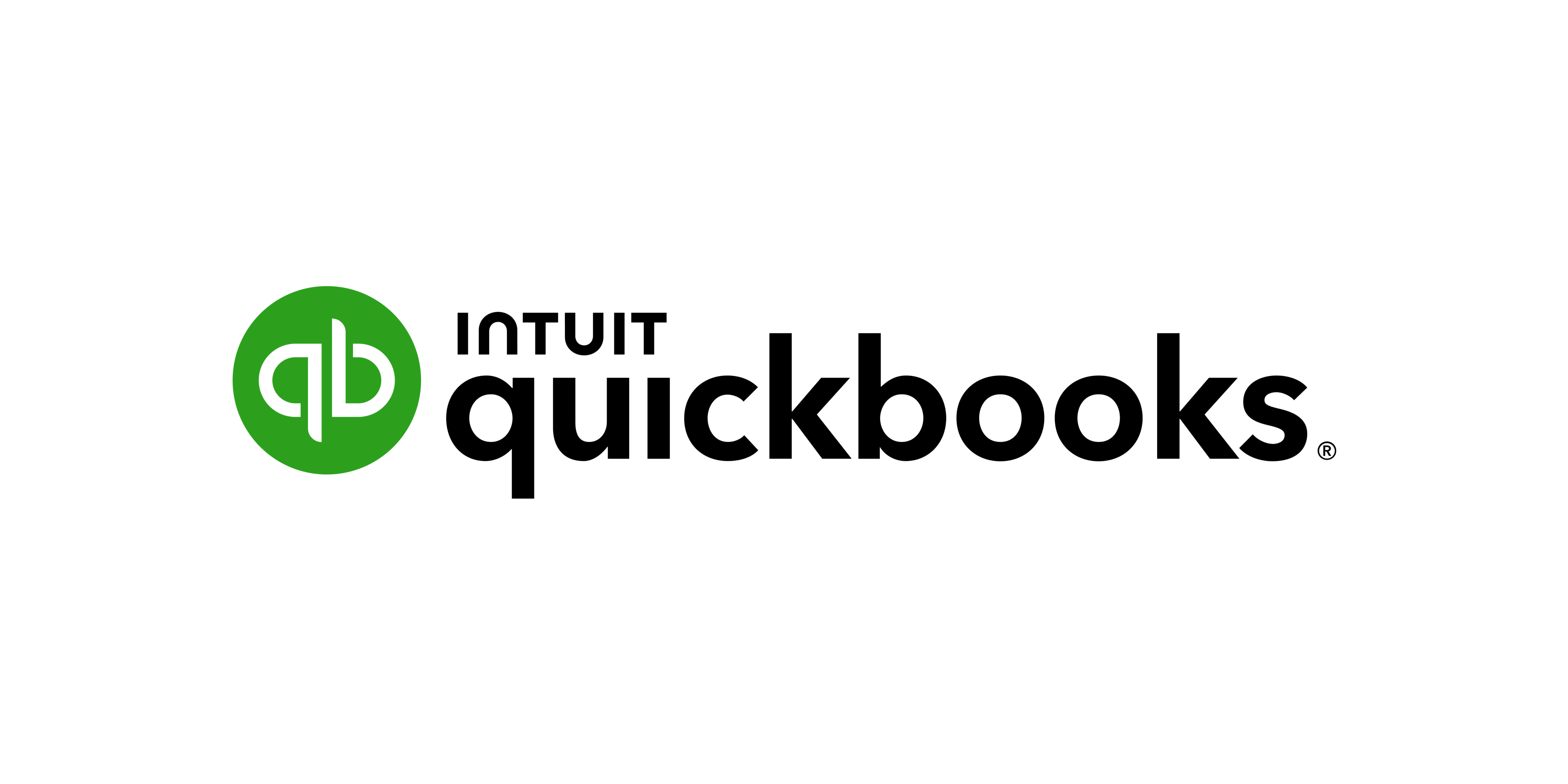
-2.png)
.png)


-Dec-05-2022-12-46-13-3404-AM.png)

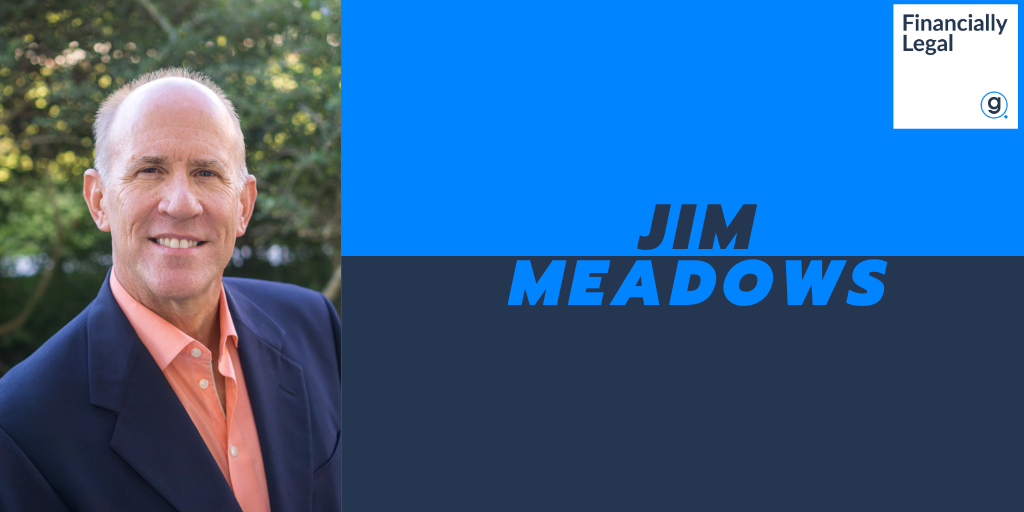
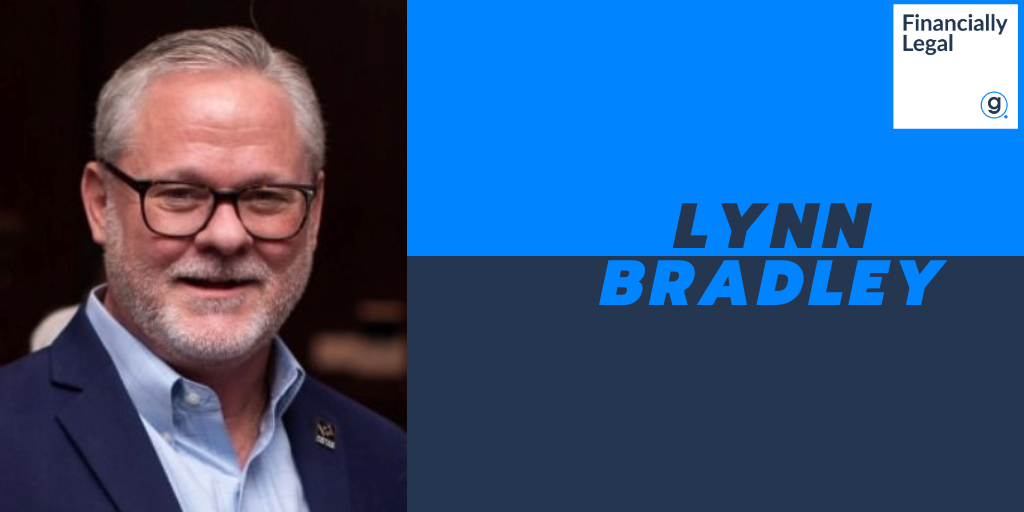
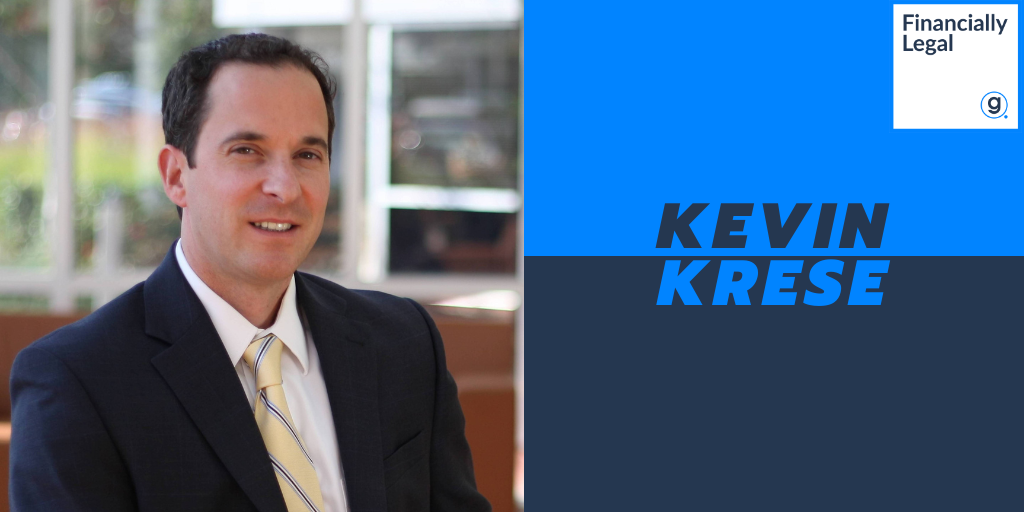
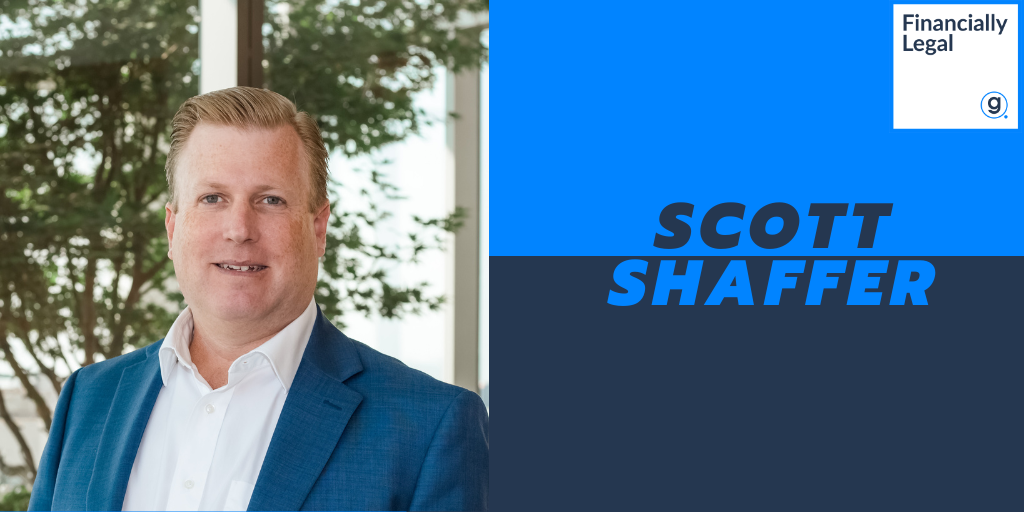
.png)

-1.png)
